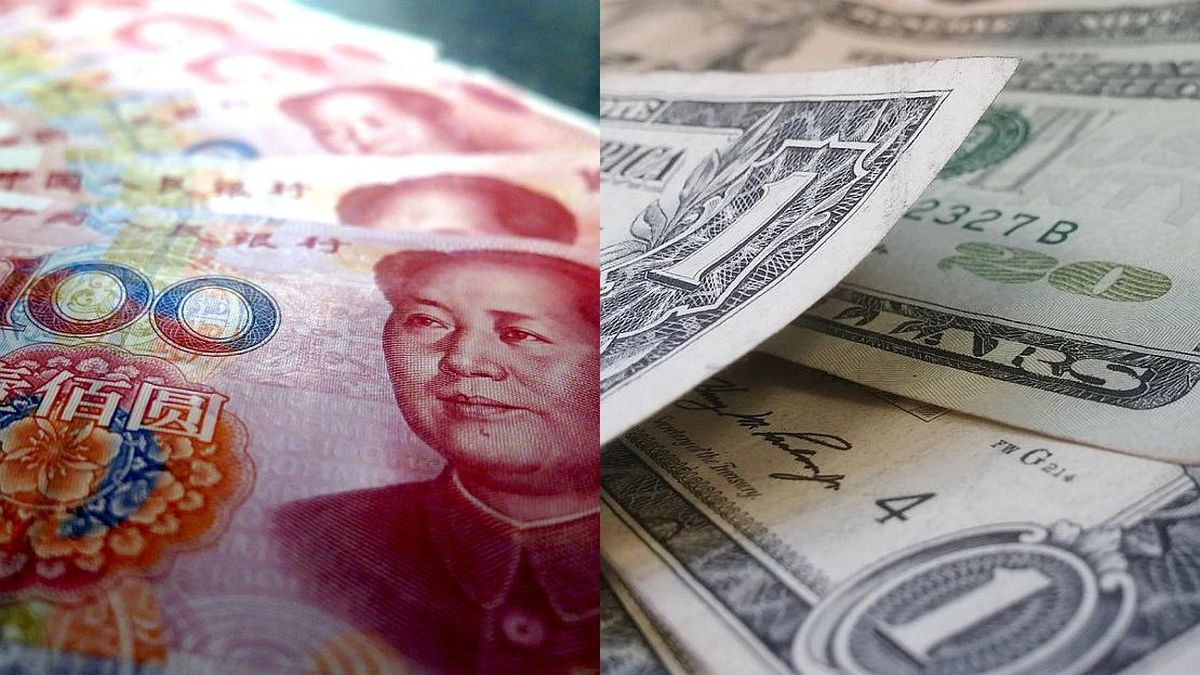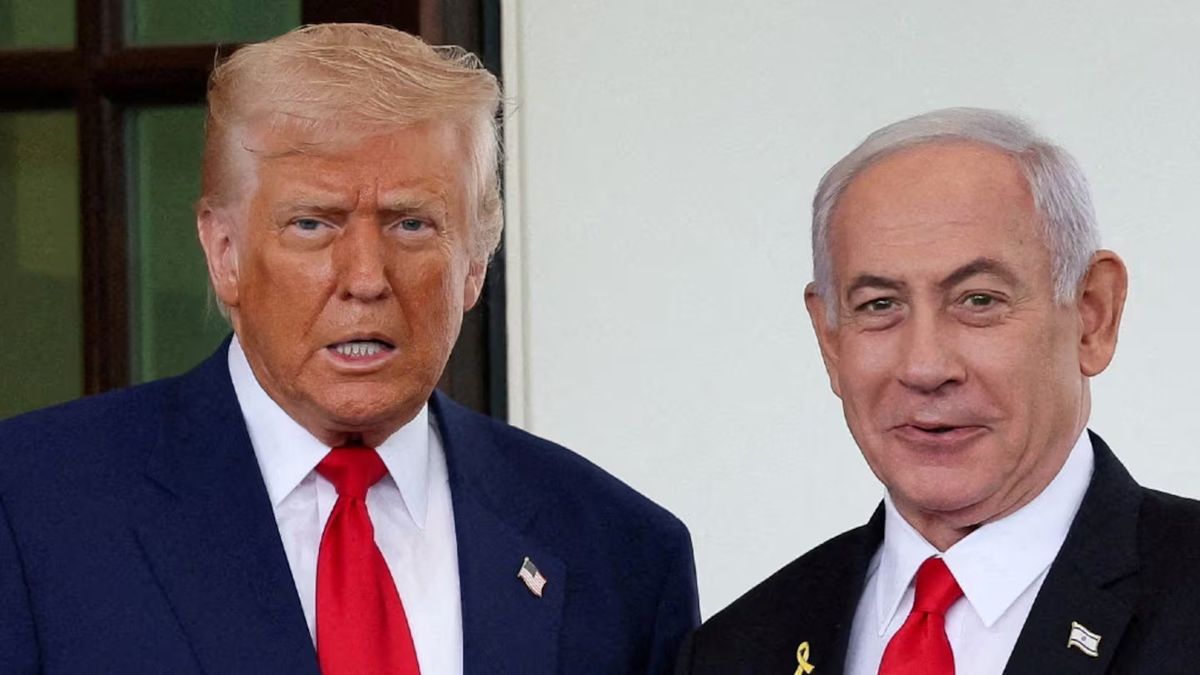While talks with China over oil contracts have been on and off for six years, they have accelerated even more recently, especially after the war between Russia and Ukraine.
According to Richard Turrin, author of “Cashless: China’s Digital Currency Revolution”, the analyst assured that the “The Chinese yuan is set to challenge the dollar’s dominance in international business transactions over the past decade.
“Let’s remember that China is the largest trading country and that we are going to see how the digital yuan gradually replaces the dollar when buying things in China,” Turrin told CNBC. “If we go five or ten years from now, yes, the digital yuan can play an important role in reducing the use of the dollar in international trade,” she considered.
The drive towards alternative payment systems likely stems from countries’ desire to reduce their current “mostly 100%” dependence on the dollar, he claimed. “What we are going to see in the future is a pullback, a risk management exercise that seeks to slowly and maybe slightly reduce the dependency on the dollar, from 100% to 80%, 85%”.
China has stepped up its efforts to roll out its central bank’s digital currency and is currently far ahead of its global counterparts in this area. In fact, the People’s Bank of China has been working on the digital form of its sovereign currency since 2014.
The bond between China and Russia
The Russian state bank VTB offered its clients the possibility of opening savings accounts in Chinese yuan, with a maximum interest rate of 8%, amid the sanctions with which the West intends to isolate Russia from the dollar and the euro.
The country’s second largest bank has been hit by Western sanctions aimed at total financial isolation of Russia for its military operation in Ukraine. “Given the rise in the exchange rates of the dollar and the euro, many clients are showing interest in investing in other currencies, and the yuan is one of the most affordable and promising options to invest funds,” the bank said in a statement.
Reportedly, existing customers can open remote deposits on VTB Online with a minimum amount of 100 yuan ($16). At VTB branches, they can deposit a minimum of 500 yuan ($79).
Previously, VTB raised interest rates on its ruble and foreign currency savings instruments. The interest rate on the semi-annual deposit in rubles reaches 21%, while the annual return on a three-month deposit is 8% in dollars and 7% in euros. The bank said that in the last week, customers had invested more than a trillion rubles ($15 billion) in traditional savings products.
For its part, Chinese media report that Beijing has taken essential steps to promote the use of local currencies among its Asian neighbors in regional trade and investment. These bilateral currency swaps are intended to contribute to regional integration, particularly within the Association of Southeast Asian Nations (ASEAN), and to financial stability in the area in the face of external shocks.
Source: Ambito
David William is a talented author who has made a name for himself in the world of writing. He is a professional author who writes on a wide range of topics, from general interest to opinion news. David is currently working as a writer at 24 hours worlds where he brings his unique perspective and in-depth research to his articles, making them both informative and engaging.




